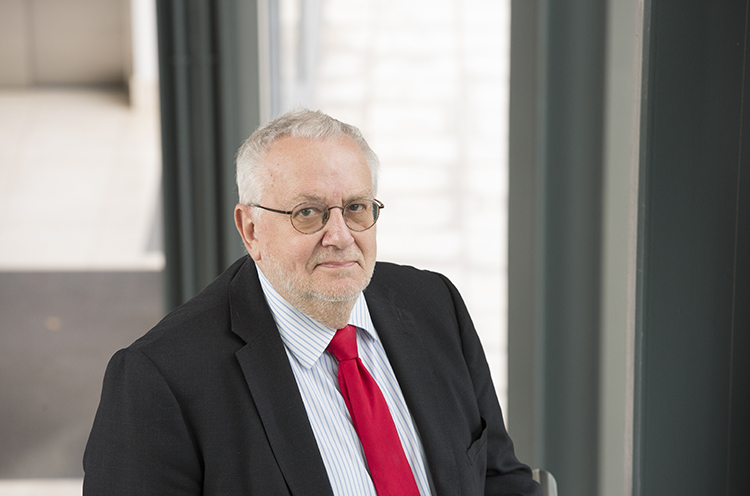Today, the University of Kent, in partnership with Canterbury Christ Church University, submitted our bid for HEFCE funded medical places. This is the culmination of over a year’s work on preparation for establishing a Kent and Medway Medical School and is a response to the Government’s commitment to fund an additional 1500 medical places by 2020. The bid covers a range of questions about how a medical school would be run including the curriculum of the course, whether it is undergraduate or postgraduate, widening participation issues and addressing the local need. The latter is one of the key drivers to submitting this bid.
Following consultation with key regional stakeholders, it rapidly became clear to us that there is widespread and enthusiastic support for an innovative “new model” medical school that could provide a holistic patient‐centred, multi‐professional/integrated approach to health and care, whilst also helping to address chronic recruitment difficulties in both primary and secondary care settings across the county. The University recognises the part it must play in a wider context of enhancing and expanding the scope of what Kent as a county has to offer, including through the development of a Kent and Medway Medical School. Working collaboratively with local authorities, health organisations and other education providers will solidify Kent being a strong university in a strong county.
Whilst the decision lies with the HEFCE and the General Medical Council (GMC), the bid has been supported by stakeholders across the county including MPs, local Councillors, local councils, NHS Trust chief executives and medical directors, as well as other health and education related organisations. The bid and desire for a medical school is also supported by Brighton and Sussex Medical School who have agreed to be our parent institution and have been advising us on aspects of setting up a medical school.
The bid for medical places is part of a wider health agenda at the university. KentHealth supports and promotes the health related research and teaching which takes place across the university. Colleagues from many schools are engaged with health related research including the work in the Centre for Health Services Studies in SSPSSR, medical tech research in Engineering and Digital Arts, Biomolecular Medicine in Biosciences and research at Medway School of Pharmacy.
Some of the finer details still need to be agreed but the ambition is to have delivery of the course across the University of Kent and Canterbury Christ Church University’s two Canterbury campuses. What is very clear is that this is a joint venture between Canterbury Christ Church and Kent, utilising expertise and knowledge of both institutions. The outcome of the bid will not be until March but my thanks goes to all involved with the bid for the additional medical school place, particularly to Dr Peter Nicholls, Dean of KentHealth and from Christ Church Debra Teasdale, Dean of the Faculty of Health and Wellbeing.
David Nightingale, Senior Deputy Vice-Chancellor and Provost

